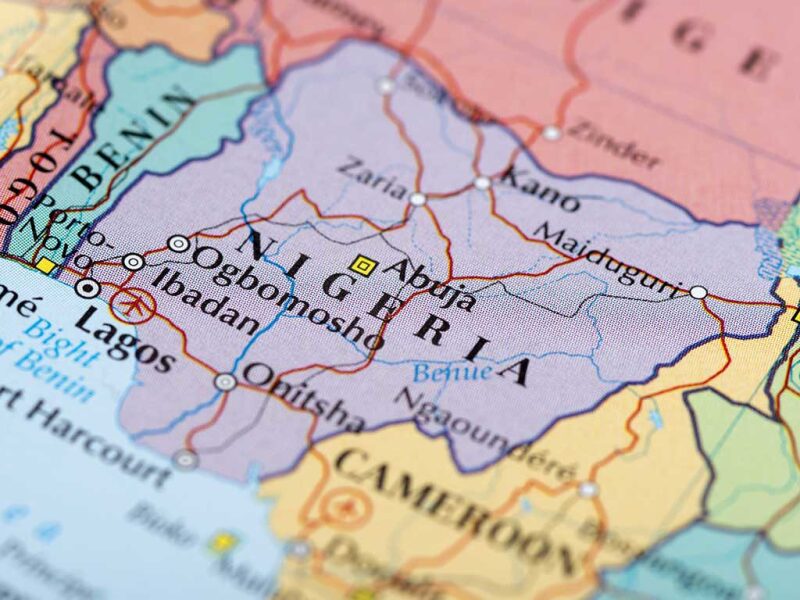The Nigerian government has given the green light to ExxonMobil's $1.28-billion sale of its onshore oil and gas assets to Seplat Energy, an independent operator based in Abuja. The Nigerian Upstream Petroleum Regulatory Commission (NUPRC) confirmed the approval on 21 October, according to local reports.
The decision comes more than 2 years after the deal was initially announced, following delays caused by regulatory hurdles and a lawsuit from the Nigerian National Petroleum Company which was dropped in June 2024.
With the transaction completed, Seplat now owns a 40% stake in four oil leases, along with an export terminal and a 51% stake in the Bonny River natural gas liquids recovery plant.
This isn't the first notable asset transfer in Nigeria’s oil sector to receive approval this year. In July, NUPRC approved the sale of onshore assets by Italy’s Eni to Nigerian producer Oando and Equinor's sale of its majority stake in the deepwater Agbami field to Nigerian-owned Chappal Energies. Eni has signaled its continued focus on Nigeria’s deepwater opportunities—a strategy ExxonMobil may also be pursuing.
Reports published last month indicated that under the right fiscal terms ExxonMobil could invest up to $10 billion in a Nigerian deepwater project. Additionally, Nigerian government officials revealed that the Houston-based supermajor may spend another $2.5 billion to increase its current production to around 50,000 B/D in the next few years.
Nigeria's government has been pushing to finalize the long-delayed deals, betting that locally owned operators will inject the necessary capital. In July, the nation’s minister of state petroleum resources said his goal was to boost national production to 2 million B/D by year end.
According to the latest Oil Market Report from the Organization of the Petroleum Exporting Countries (OPEC), citing secondary sources, Nigeria's oil output reached 1.4 million B/D in the third quarter of this year, up from an average of 1.2 million B/D in 2022.


